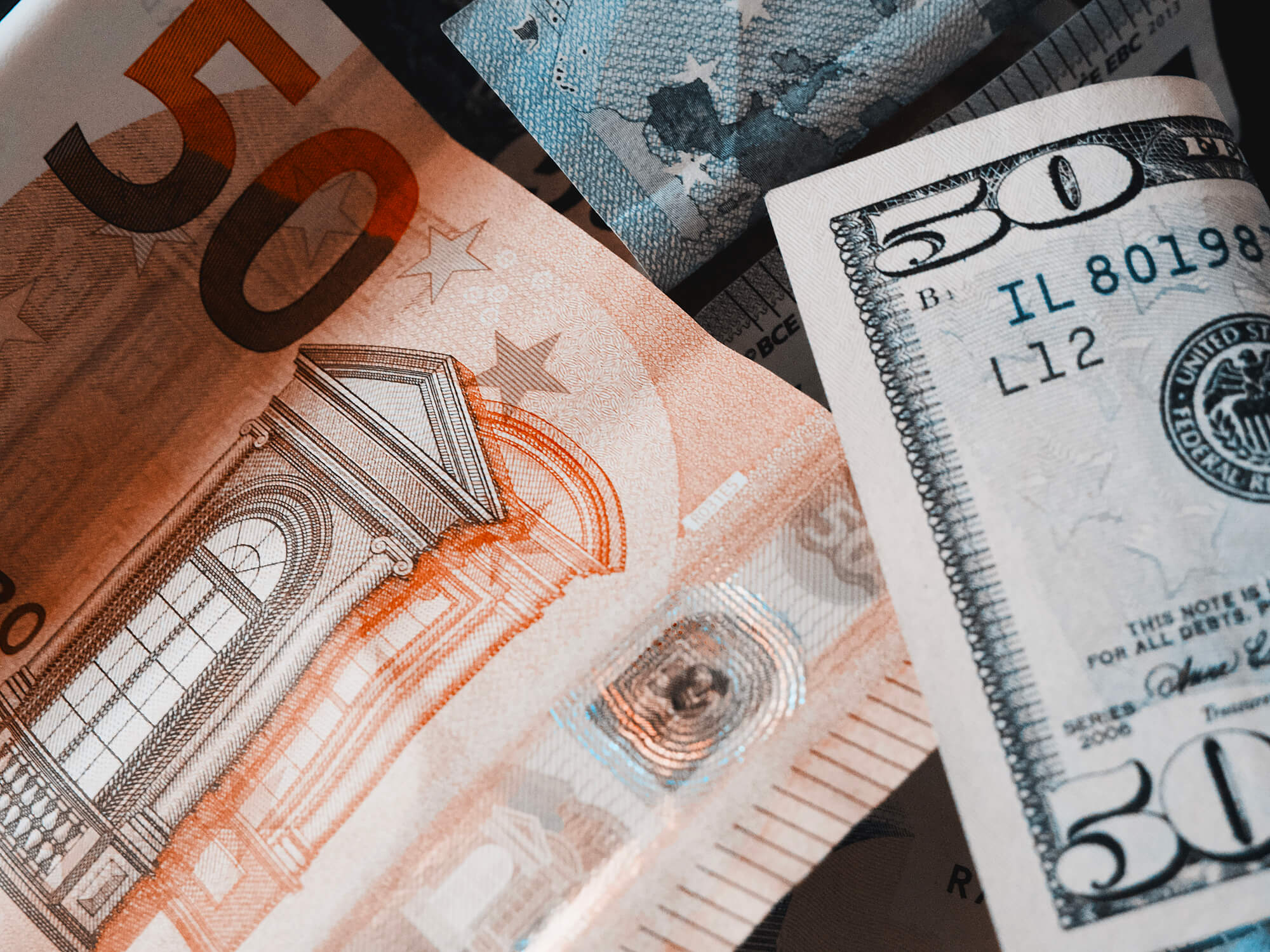As with most men-caused incidents,in retrospect it’s always clear what decisions should or shouldn’t have been made to avoid disaster- I will attempt to do this analysis while it still may not be too late to avoid complete catastrophe. The causes for the current sad state of affairs are obvious – empty state coffers left by thieving Yanukovich and his cronies, vicious stab in the back from Russia, inflexible economic environment. That said, it still feels that some obvious mistakes in managing the currency could have been avoided.
Watching Hryvna is like watching a train wreck in slow motion. As with most men-caused incidents,in retrospect it’s always clear what decisions should or shouldn’t have been made to avoid disaster- I will attempt to do this analysis while it still may not be too late to avoid complete catastrophe. I have been a trader at JP Morgan and Deutsche Bank for almost ten years, and have studied central bank behavior during crises ever since studying economics at New York University – so here’s a view of the from both a scholar and a market’s participants standpoint.
The causes for the current sad state of affairs are obvious – empty state coffers left by thieving Yanukovich and his cronies, vicious stab in the back from Russia, inflexible economic environment. That said, it still feels that some obvious mistakes in managing the currency could have been avoided. I will list a few of them.
On-and-off flirting with currency controls and various administrative measures – limiting of sales of currency to the public, pension tax on currency purchases, forced sales of exporter revenue – all of these lead to creation of a black market in currency and further reduce trust of the hryvna. It was clear that IMF would request a free floating regime as a condition for its assistance, yet the decision has been delayed until the last possible moment, when it was finally made it pushed UAH to black market level of 25 per dollar. Yet without credible plan of interventions or ammunition for them, it didn’t stop there, NBU immediately panicked and started talking again about further, yet unspecified, administrative measures and restrictions on convertibility.
If one wanted to send a signal to investors “stay away from hryvnia” one cannot have been more explicit.
Another avoidable mistake, in my view, have been sanation of the banking sector without solving the currency problems first. Yes, a significant part of Ukraine’s banks are probably insolvent, as they were before the new government came in. Yet bankrupting them now added liabilities to the state’s balance sheet and, most importantly, caused distress amongst depositors, placing further strain on surviving banks. In my view, banks should have been put on a tight leash to avoid asset stripping, but full scale sanation should have come only after Hryvna would have found a sustainable level – meanwhile, various regulatory ratios should have been temporarily loosened to allow the banks to tidy the crisis over. Once things stabilized, a full and ruthless culling of the herd should have begun – but not now.
Given the current mess, can anything be done to try to make the most out of a bad hand? In my view, yes.
Basically, all the haphazard efforts of the central bank aimed at controlling currency aim to prevent the population and local businesses from buying currency and to force exporters to sell – a losing battle from the get go. There is not enough done to attract international flows – both speculative and long term.
Ukraine, as dysfunctional as it seems, can be an investment opportunity. Currency devalued most in the world, interest rates of 30% – this is very attractive for short term speculators. Given the promise of large scale international aid and hopes for resolution of the Russia crisis, people would be willing to bet on Ukrainian hryvna. However, they need to be sure that if they buy hryvna today,they will be able to freely sell it in the market tomorrow, that they won’t be stuck with the currency position because NBU invents some new restriction on flows. Unfortunately, they are getting precisely the opposite signals.
NBU should be very precise in its communications, and lift all restrictions on currency flows permanently. It has nothing to lose at this stage, damage has already been done, and in the worst possible way – slow and unstoppable devaluation instead of fast and establishment of new equilibrium. Credibility of NBU is destroyed. However, if it does step on a path for liberalization, I am more than sure that both supra national and private western institutions will step in to stabilize the currency and to make money from carry and eventual appreciation of the hryvna.
This will cause further pain for domestic banks and this is where NBU can apply its energies, helping the banking sector navigate the storm. Also, NBU cannot do this alone – government and lawmakers should deliver on reforms, without them aid or investment will fail to materialize.However, liberalization of the currency regime is a per-requisite for short term, and later long term, investment into the economy – by both international and local market participants.
I strongly believe that it is not too late to save hryvna. Failure to act now may set off a vicious cycle of further explosive devaluation and hyperinflation – it seems unthinkable today, but so did hryvna dollar exchange rate of 30 just six months ago.
It will be an uphill struggle for NBU to restore credibility and develop trust of the market – however, there is no other way if we want to become a modern, European state – the dream for which many paid not just with their savings bur with their lives. Liberalization is the way forward, procrastination and avoidance of unpopular decisions has gotten us into the current mess, and continuing on this path will surely result in catastrophe.
Attention
The author doesn`t work for, consult to, own shares in or receive funding from any company or organization that would benefit from this article, and have no relevant affiliations



